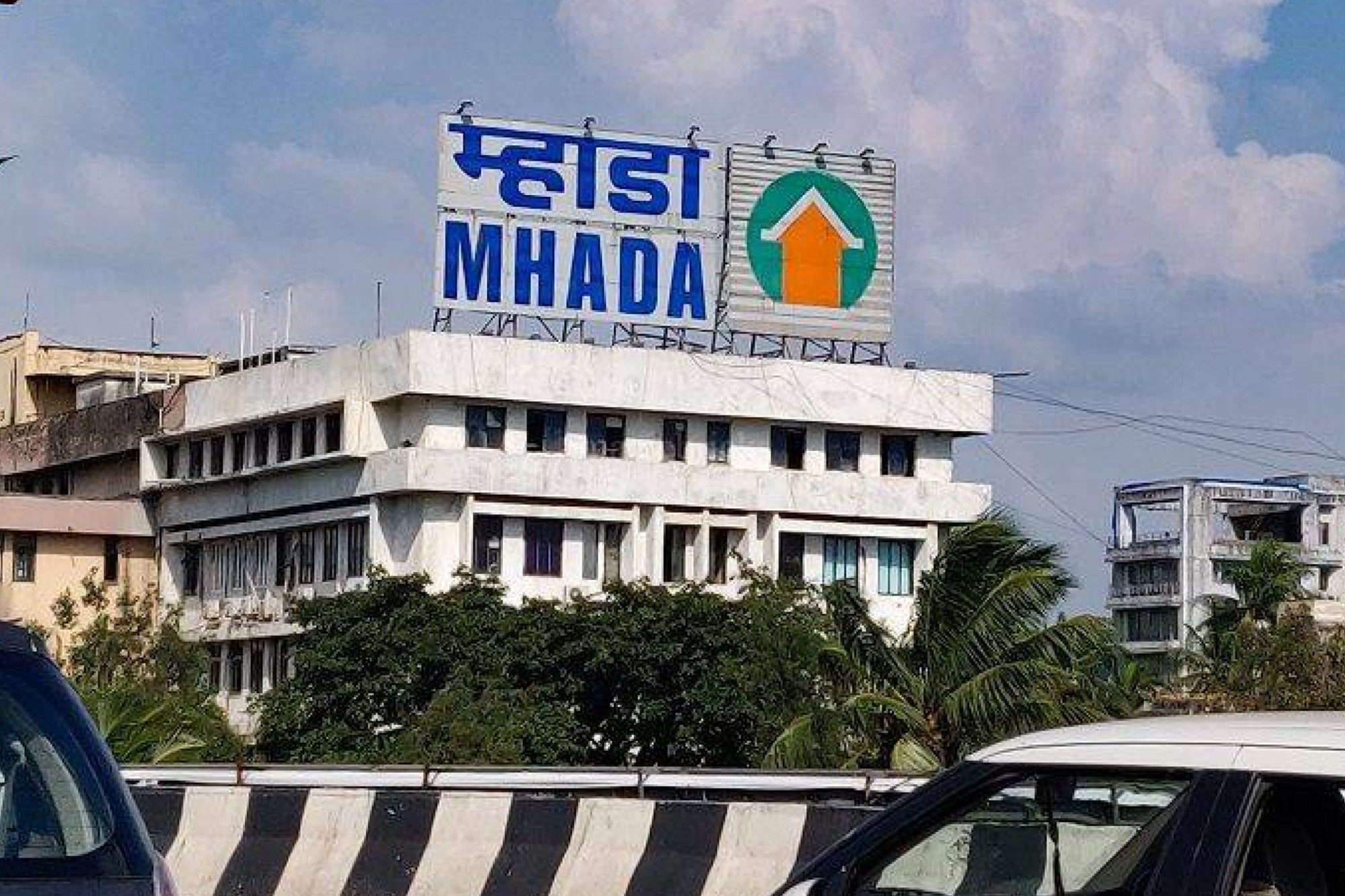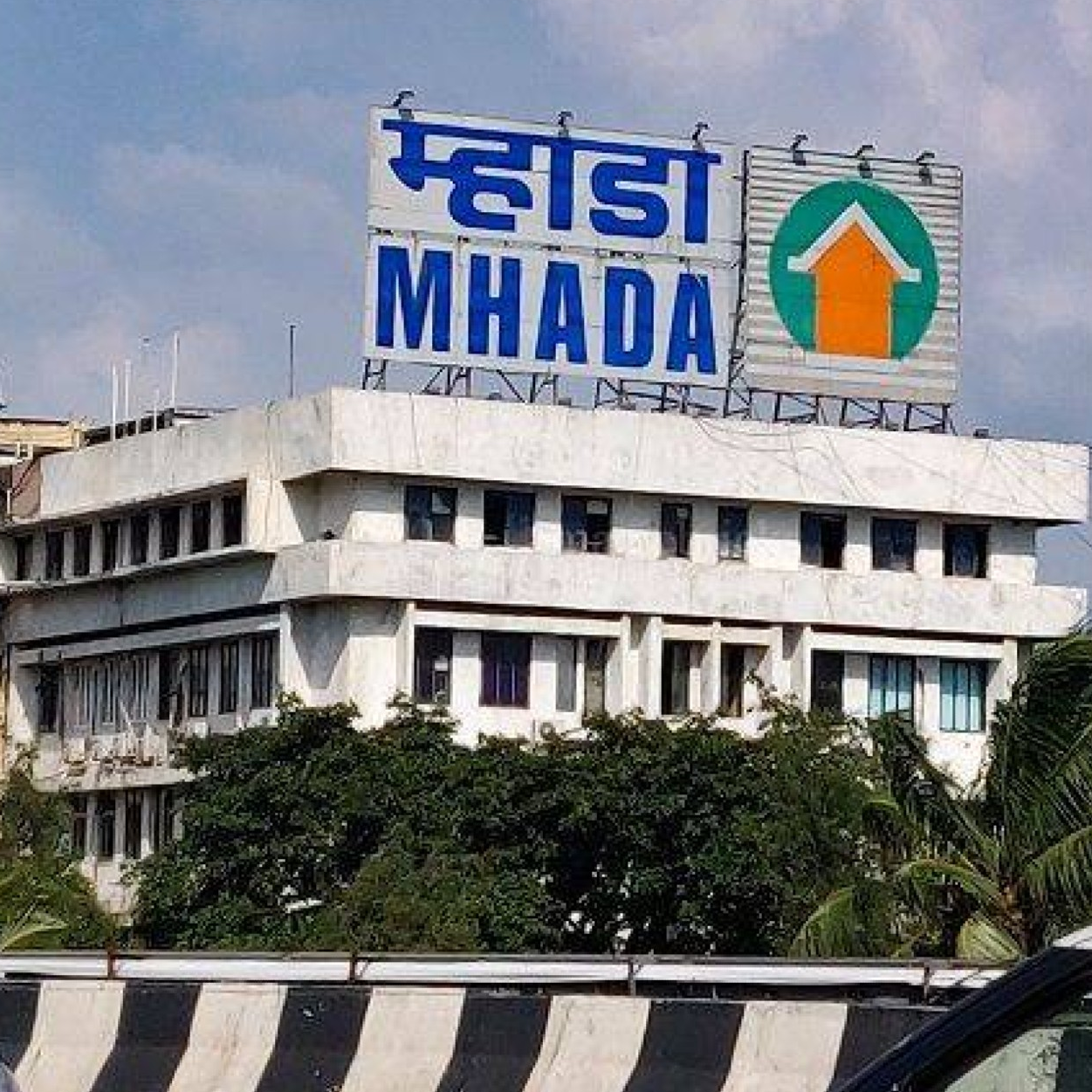
Japanese Delegation Meets MHADA: Building Stronger Ties for Mumbai’s Urban Future
In a significant step toward international cooperation in affordable housing and urban renewal, a high-level delegation from Japan’s Urban Renaissance Agency (UR) visited the Maharashtra Housing and Area Development Authority (MHADA) headquarters in Bandra (East), Mumbai, on Monday.
The visit, led by Mr. Okamura Tomohito, Director of the Global Affairs Department, Urban Renaissance Agency, aimed to explore opportunities for knowledge exchange and future collaboration between Japan and India in affordable housing, cluster redevelopment, and sustainable urban planning.
The Japanese delegation was warmly welcomed by IAS Sanjeev Jaiswal, Vice President and Chief Executive Officer, MHADA, who shared insights into Mumbai’s ongoing redevelopment efforts, particularly the transformation of old and unsafe housing clusters into modern, sustainable homes. The meeting symbolized a bridge between Japan’s advanced urban development expertise and India’s ambitious housing mission.
Exploring Mumbai’s Housing Revolution
The delegation reviewed MHADA’s ambitious redevelopment projects that are redefining Mumbai’s skyline and urban ecosystem. Discussions centered on how MHADA’s structured approach to redevelopment—focused on safety, inclusivity, and community well-being—could serve as a model for other Indian cities.
Flagship projects such as the B.D.D. Chawls Redevelopment in central Mumbai, which will provide 16,000 families with modern two-bedroom apartments, and the Motilal Nagar Redevelopment in Goregaon, India’s second-largest housing renewal initiative with 1,600-sq.-ft. homes, stood out as examples of scale and efficiency.
Other major schemes, including Punjabi Colony at GTB Nagar, Siddharth Nagar in Goregaon, Abhyudaya Nagar, Poonam Nagar in Jogeshwari, Sardar Vallabhbhai Patel Nagar in Andheri, Worli Adarsh Nagar, and Bandra Reclamation Redevelopment, are collectively expected to add nearly six lakh new homes to Maharashtra’s housing stock—demonstrating both social impact and urban foresight.
Shared Vision for Sustainable Urban Growth
The Japanese delegation expressed particular interest in the Kamathipura Cluster Redevelopment Project, a transformative initiative that will provide 500-sq.-ft. homes to nearly 8,000 families while preserving the cultural identity of one of Mumbai’s oldest neighbourhoods.
The discussions reflected a shared understanding that urban renewal is not merely about construction but about creating future-ready communities. Japan’s expertise in earthquake-resistant design, smart mobility, and community-driven planning was seen as highly relevant to India’s rapid urban transformation.
Such collaboration, built on knowledge sharing and mutual respect, could enable Maharashtra to accelerate its housing goals while adopting international best practices in planning, sustainability, and resilience.
Strengthening India–Japan Urban Ties
Speaking on behalf of the visiting team, Mr. Okamura Tomohito commended MHADA and the Government of Maharashtra for their commitment to affordable housing and inclusive growth. He emphasised that India and Japan share a common vision—urban progress rooted in sustainability, efficiency, and dignity for all citizens.
He added that Japan’s Urban Renaissance Agency looks forward to working closely with MHADA on future redevelopment and cluster development projects, fostering cooperation in technology, housing design, and public policy innovation.
The visit concluded with both sides agreeing to continue structured discussions to explore joint ventures, pilot projects, and technology partnerships that could redefine India’s approach to housing and urban infrastructure.
A Partnership Beyond Buildings
The visit of Japan’s Urban Renaissance Agency to MHADA marks more than a diplomatic exchange—it represents a meeting of philosophies on how cities should grow. Both India and Japan understand that housing is not just an economic necessity but a social contract between citizens and the state.
As Mumbai reinvents its urban fabric, partnerships like this reinforce the belief that true progress is measured not by how fast a city builds, but by how well it includes, protects, and uplifts those who call it home.



